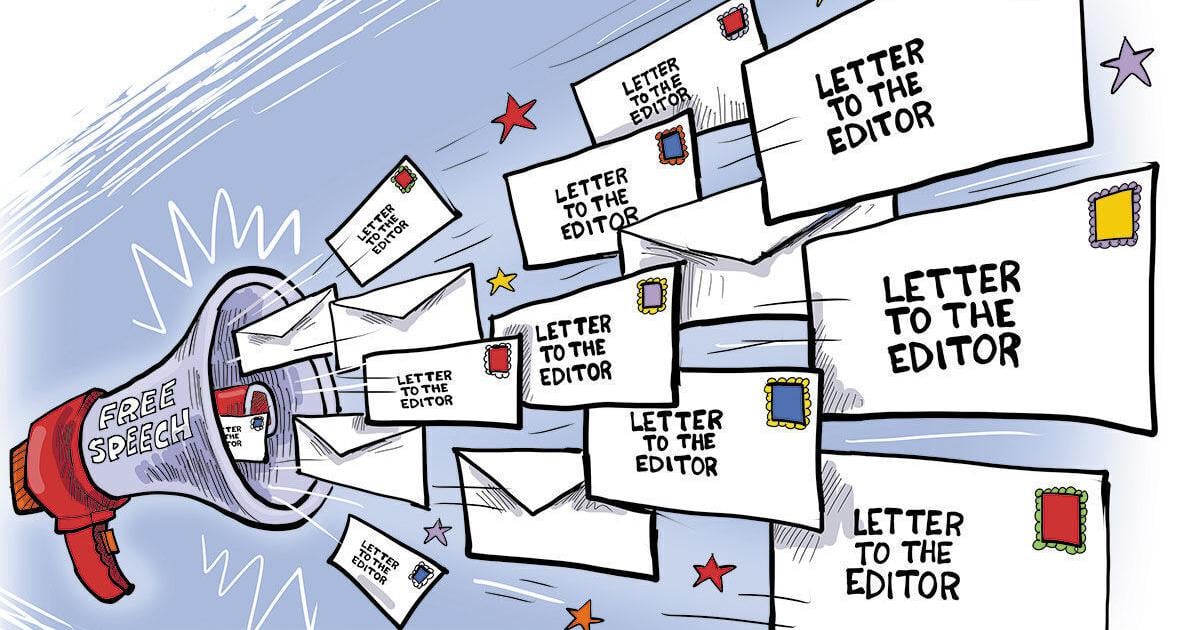A significant period in recent American history has prompted widespread examination of the powers and responsibilities inherent in the nation’s highest office. The tenure of a specific former administration has become a focal point for intense debate, raising critical questions about governmental conduct and its alignment with foundational democratic principles. This scrutiny extends to various policy decisions and executive actions that have sparked considerable public discourse regarding their long-term impact on the republic.
Central to these discussions are concerns surrounding adherence to constitutional mandates. Critics argue that certain executive interpretations and actions during this period challenged established legal precedents and the foundational framework of governance. Debates have arisen over the limits of presidential authority and the importance of upholding the checks and balances designed to safeguard the democratic process, fostering vital discussions on fidelity to the nation’s supreme law.
Furthermore, policies related to immigration and civil liberties have drawn substantial attention. Allegations of controversial practices at border facilities, often described by detractors in stark terms, have fueled public outcry and legal challenges. These situations prompted widespread condemnation from human rights organizations and significant segments of the populace, raising profound questions about the treatment of vulnerable populations and the nation’s moral standing.
The deployment of federal personnel during periods of civil unrest also became a contentious issue. The use of unmarked agents and aggressive tactics in response to protests generated considerable alarm among civil liberties advocates and the public. These actions sparked a national conversation about the appropriate role of federal forces in domestic affairs and the protection of citizens’ rights to peaceful assembly.
Financial dealings and perceived influences from monied interests have likewise been subject to intense scrutiny. Concerns about transparency in government transactions and the potential for undue influence by wealthy donors or corporations have persisted. These discussions highlight the ongoing challenge of maintaining ethical standards and public trust in the political arena, underscoring the importance of financial accountability.
Adding to the complex narrative are connections to high-profile controversies that have captivated national attention. Reports linking figures from the administration to such incidents have intensified calls for thorough investigation and transparency. These associations underscore the broader societal implications of official conduct and the pervasive demand for integrity in public service.
The culmination of these various concerns has led to persistent calls for rigorous accountability measures and a reassessment of executive power. Public sentiment, as reflected in various commentaries, often emphasizes the imperative of ensuring that no individual or office is above the law. These appeals for justice and adherence to legal frameworks resonate deeply within the American political landscape.
Ultimately, the period stands as a powerful reminder of the continuous vigilance required to preserve the core tenets of American democracy. It underscores the vital role of an informed citizenry, an independent judiciary, and a free press in challenging potential abuses of power and holding leaders accountable. The ongoing dialogue surrounding these issues will undoubtedly shape future political discourse and policy considerations.






Leave a Reply